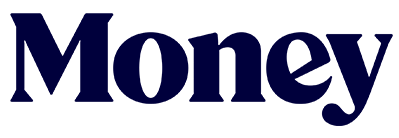Colleges Are Lowering Tuition Prices. But Most Students Won't Save a Penny

When Seattle Pacific University announced it would be lowering tuition for fall 2021, slashing it by 25%, Aimee Sides and her husband were excited. They figured it would help their bottom line.
But their first-year daughter attends the small private college on a large merit scholarship, and immediately after the announcement, the Sideses learned their out-of-pocket costs wouldn’t actually change.
Seattle Pacific is one of a number of small private colleges that are planning 'tuition resets' ahead of the 2021 academic year. Some say now is the right time due to the global pandemic’s effect on family finances, while others have been considering a reset for years. In fact, the trend of resets has been growing since 2012, with a high in 2018 as some private colleges buck the luxury pricing model.
A reset is a tuition reduction, sometimes more than 50%, that sets a college’s sticker price at a new lower rate. Albright College, which reset tuition for 2019-20, calls it “right-sizing.” Resetting doesn’t freeze costs. Most colleges still increase tuition annually (typically 3%-4%), but with a reset, that annual increase equals a smaller dollar amount each year, says Trent Gilbert, vice president for enrollment management at Birmingham-Southern College, which implemented a reset in 2018. A reset also usually doesn’t reduce mandatory fees or room and board.
And importantly for families, it doesn't always lower your bill, as the Sides family learned. Students attending on scholarship or institutional need-based aid typically still owe the same amount since they’re already getting a discount on tuition.
